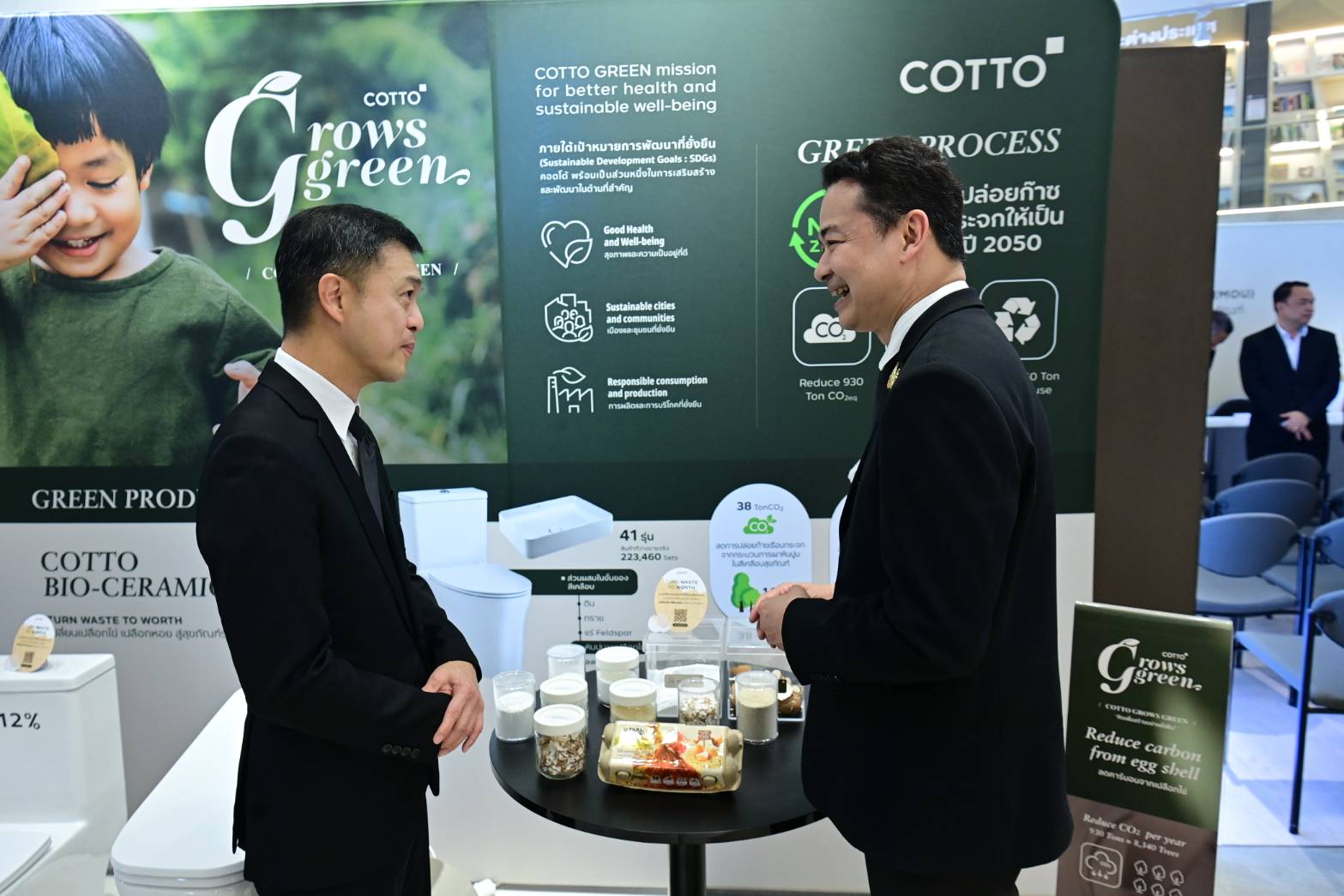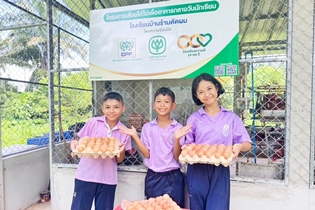_1683886644.jpg)

Charoen Pokphand Foods Public Company Limited (CP Foods), Thailand's leading food conglomerate, plans to pilot an electric vehicle in food transportation and develop a RE100 prototype animal farm that generates 100% of the electricity required for farm activities from renewable sources. This is part of the company's commitment to promoting sustainable food production by transitioning to a renewable energy company with a Net-Zero greenhouse gas emission goal by 2050. In addition, CP Foods is installing solar panels on its farms, feed mill, and food manufacturing facilities in Thailand, and implementing waste conversion to renewable energy programs in accordance with the Circular Economy principle. "CP Foods is dedicated to significantly increasing the use of renewable energy, such as biomass, biogas, and solar energy, to further enhance sustainable food production," said Peerapong Krinchai, Head of Engineering of CP Foods. "We are determined to lead the food industry by adopting the highest percentage of renewable energy use." Starting in 2022, CP Foods plans to source 30% of its total energy consumption from renewables including 69% biomass energy, 29% biogas energy, and 2% solar energy. The company has set targets of increasing renewable energy use to 50% by 2030 and 100% by 2050. As part of its CP Coal Free 2022 policy, the company has switched to using biomass fuel like wood chips in a bid to reduces dependency on coal. By 2022, the company has phased out the use of coal in its operations in Thailand and Vietnam. By replacing fossil fuel energy with biomass, the company was able to lower greenhouse gas emissions by 180,000 tons of CO2 equivalents.
To further enhance biogas energy utilization, CP Foods has initiated a project to convert waste into renewable energy. A system has been installed to process waste sludge from the wastewater treatment system to generate biogas for electricity and decompose waste into fertilizer. This aligns with the Bio-Circular-Green Economy (BCG) model. Biogas energy is currently used in 98 CP Foods' pig farms and 7 laying hen complexes nationwide, decreasing greenhouse gas emissions by over 440,000 tonnes CO2e. Additionally, CP Foods is striving to increase the proportion of solar power generation systems within its operations. The company's 2025 goal is to install solar cells across all CP Foods' farms and factories, spanning over 208 locations, with an estimated total installed power capacity of approximately 100 megawatts. This year, CP Foods is piloting the use of medium-sized electric trucks for transportation within its farms and factories. This initiative promotes clean energy usage, reduces reliance on fossil fuels, and contributes to the reduction of greenhouse gas emissions.








_1752829776.jpg)
